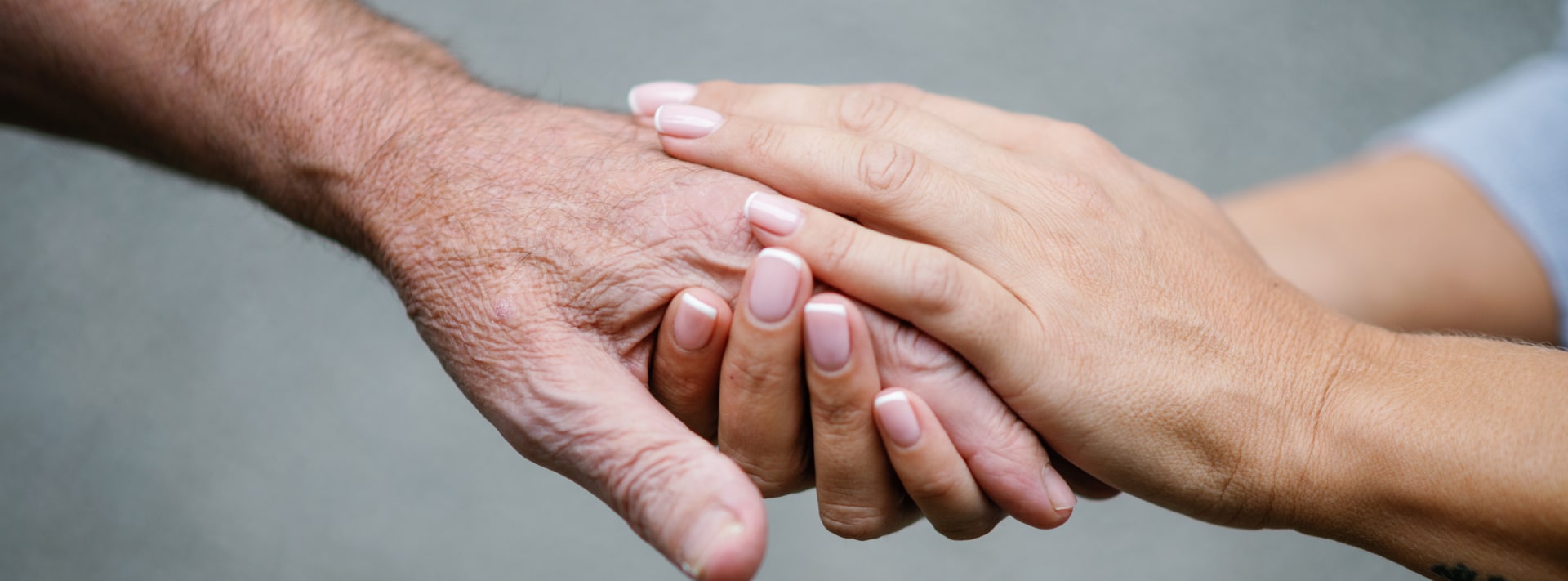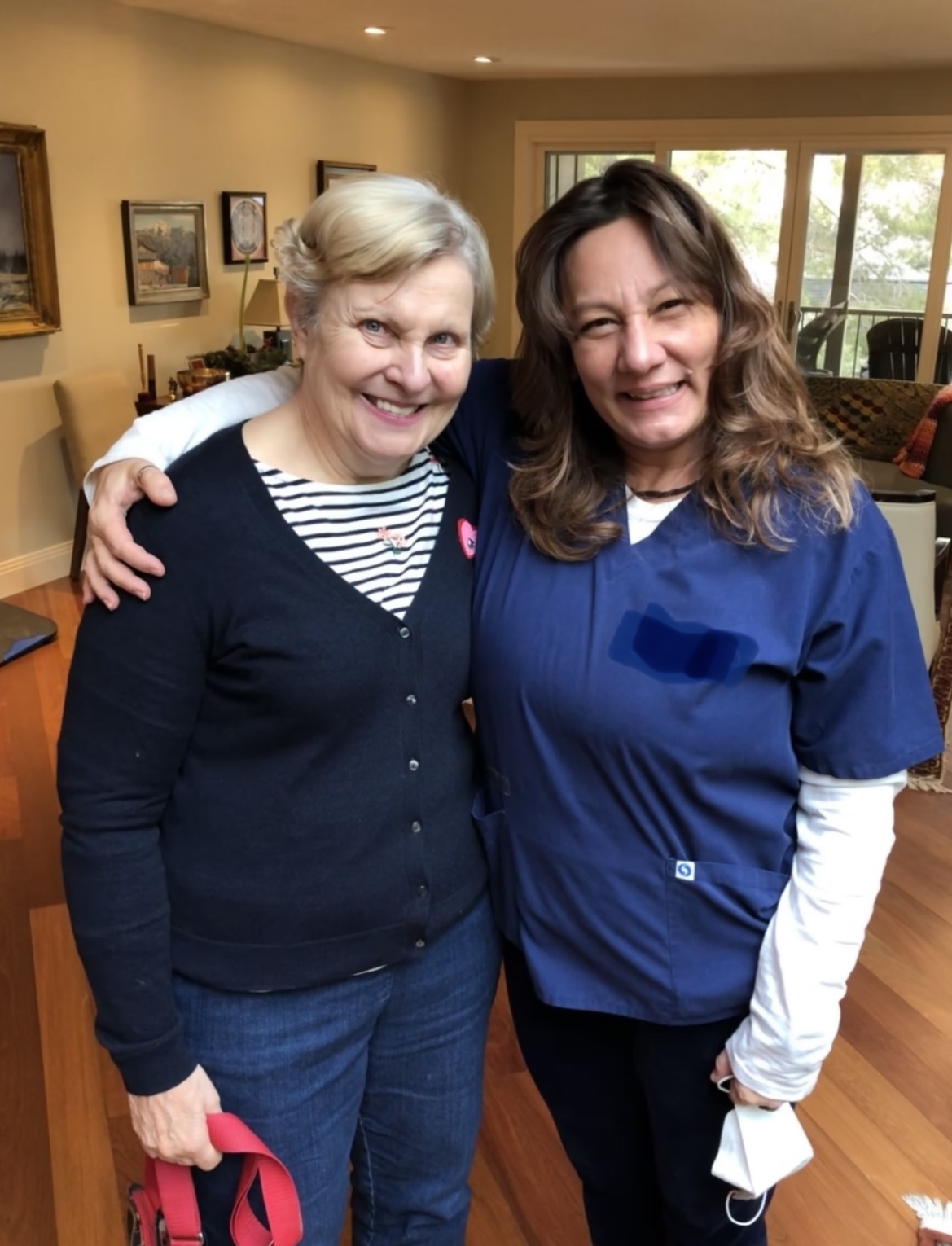
Caregiver Experiences: Jennifer Smith
Jennifer Smith Bio
Jennifer Smith is a compassionate, IN-Home Caregiver with over 20 years of experience providing exceptional care for the elderly, individuals with dementia, and those on hospice. Based in Utah, Jennifer has primarily worked as a self-contracted caregiver, and demonstrates fully her dedication and commitment to her profession.
Throughout her career, Jennifer’s true passion has been to educate non-medical caregivers to establish safer and more nurturing environments for their loved ones. She firmly believes that proper education and support can significantly enhance the caregiving experience and positively impact the lives of both caregivers and those receiving care.
Jennifer’s commitment to continuous learning is evident through her active participation in numerous conferences and support groups focused on caregiving and dementia. By staying informed and connected within her professional community, she remains up-to-date with the latest advancements and best practices in the field.
In her work, Jennifer often reflects on the words of former First Lady Roselynn Carter, who established the Rosalynn Carter Institute for Caregiving with the premise “There are four kinds people in this world: those who have been caregivers, those who are currently caregivers, those who will be caregivers, and those who will need caregivers.” This profound insight reinforces Jennifer’s belief in the interconnectedness of humanity and the importance of extending compassion and support to one another. (Of note, Rosalynn has been the caregiver for her husband, former President Jimmy Carter, and this spring, 2023, Rosalynn was diagnosed as living with dementia, and thus will herself need caregivers.)
Expectations & Lessons from a Professional Caregiver
Establish a Routine Early: It is so important to establish comforting and safe routines in early stages of caregiving, and for those routines to be consistent daily between caregivers. Routines will also evolve as the loved one’s disease progresses – for example waking time, rest periods, etc. Nonetheless, establishing daily wake time, breakfast, dressing/bathing, lunch, rest, dinner, bedtime routines is critical and provides security to the loved one and stability for the caregivers.
Positive Communication: Acknowledge that as frustrating as caregiving can be, the loved one is also experiencing frustration and stress that they often cannot communicate, and maybe not understand. Listen and have a non-anxious presence to calm the situation.
Communicating with primary care partner and family: Every family is different, but realize that transparent, frequent communication about the loved one’s disease and progression, and the needs of the primary caregiver, is essential. It is also important to support each other and communicate about life that is NOT centered around caregiving and the disease. Our family has a text thread, where we stay updated with fun photos and activities in each other’s lives, or just have informal, cheerful check-ins. Frequent phone calls to check in (weekly at least) keep us well connected, as do FaceTime calls, especially enjoyable with the grandchildren. After medical visits or when care shifts, my dad emails the three daughters, and also communicates with his siblings and friends to different degrees. Usually during in-person visits we dedicate time for long-term planning, organization, estate communication, and medical updates.The professional caregiver can add insight to the family dynamics.
Exercise and exploring the environment:
Imagine if every morning you have to explore your environment as if it is the first time – So walk around the home and let the loved one lead and touch and explore – even sitting down – this routine will build comfort, engagement and can help create a calming environment. Note, if a loved one is moved to a memory care facility, the strange and new environment commonly creates behavioral changes.
Case studies from Jennifer:
1:
The loved one was set up in his home by his sons with an extensive camera system to monitor him from a distance along with around the clock caregivers. He would become agitated and aggressive and would fire and demand that the caregiver leave his home. The caregiver would often be forced out of the door while he demanded his deceased wife come and care for him.
There were multiple door entries into the home with coded doors so caregivers could re-enter. Caregivers would change shirts or hair style and return as if just starting the shift. He would comply for a while and would settle for a visit, meal or possibly a shower. As the disease progressed, this behavior got more aggressive. We were instructed to monitor the cameras from an Ipad from another room as he preferred to be alone. This was a very hard case as we were there but unable to connect and although he was not alone in his home, he was lonely. He would exhaust himself by wandering the home. We were not able to provide comfort care and connect just observe and provide safety care.
2:
The loved one was around 95 yrs old female, Blind, partially deaf, used a walker and was living with dementia. When I was hired by the family, she had been moved from her home, in another state, and relocated to her son’s home. I was hired to be with “mom” while the son was at work. She was initially very happy to be with her son for a “visit” but was experiencing severe anxiety and would weep/cry.
She had expected her children to be by her side at all times. The family found out within a week that they were not able to talk mom into showers, that she did not know when she was releasing urine or bowels and she refused to wear Briefs. She cried most of the time when alone and needed constant reassurance of safety. She had sundowners, everything intensified after 4pm or so.
After meeting, it became apparent that being in a new place without sight was very hard on her. We spent the first few days identifying the space around her, but she was mostly unable to retain this info. I developed a “special” greeting when approaching her. I would call out from a distance and talk as I approached her. I would identify myself and touch or hold her hand.
I spent hours brushing her hair, providing manicures and pedicures and hand and foot massages. A lot of hand contact would comfort her. I came to find that she did not like to be cold and wet. We developed a system of warming the shower room, and having all items needed prepped within hands reach and several warmed towels. We would follow these same steps each time along with verbally indicating the steps to come. started to really enjoy her shower again. The family came to realize that she did not need a daily shower but needed Briefs. We also had warm sponge baths daily. As the disease progressed, her family concluded that she would be better cared for by around the clock professionals and found a facility for her. I followed as a personal caregiver. My new shift was from 8am to 4pm with an expectation that once the loved one acclimated I would move on. We repeated many of the processes used at home at the care facility.

Jennifer embraces the philosophy of ubuntu, an Nguni Bantu term that encapsulates the concept of shared humanity. She resonates with its translation, “I am because we are,” which recognizes that our actions and care for others define our existence and collective well-being. This guiding principle underlies Jennifer’s approach to caregiving and her unwavering commitment to creating a more compassionate and understanding world.
Jennifer is an excellent resource to assist with strategies from staging of your home, developing routines that are flexible and coaching caregivers how to deal with specific behavioral manifestations.
